

I think this speaks to a specific thing that can be transferred to human beings. We often focus on the sacrifice for children which is true and real, but the study shows that parents need to take care of themselves because having your parents alive has an impact on you beyond your weaning stage. I think that even though this study is about primates, that’s a truth that also applies to humans.
The article looks at females because it’s using datasets from primates, but I also believe this would apply to some degree to both parents in human populations. There is data supporting the fact that the 2-parent household is more ideal than a single parent household (and a household with no surviving parents would be worse than that, even after the weaning period is over for a variety of reasons)
Primate societies would likely help tribemates who are not direct kin the same as humans do, but both primate societies and human societies see people helping others less than their direct kin. There’s studies showing that stepparents are not the same as parents statistically in this regard.




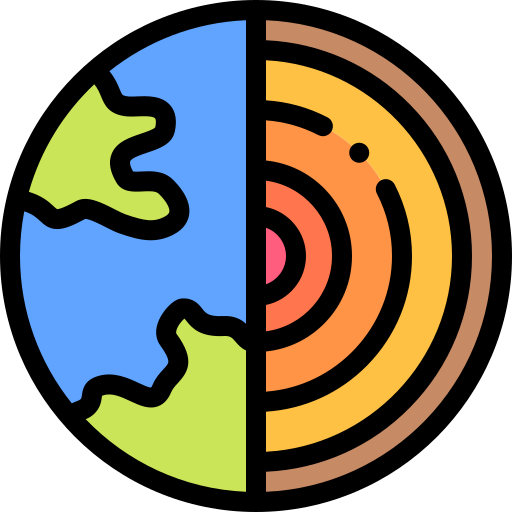





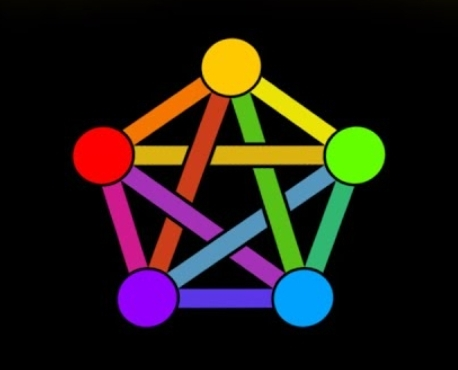





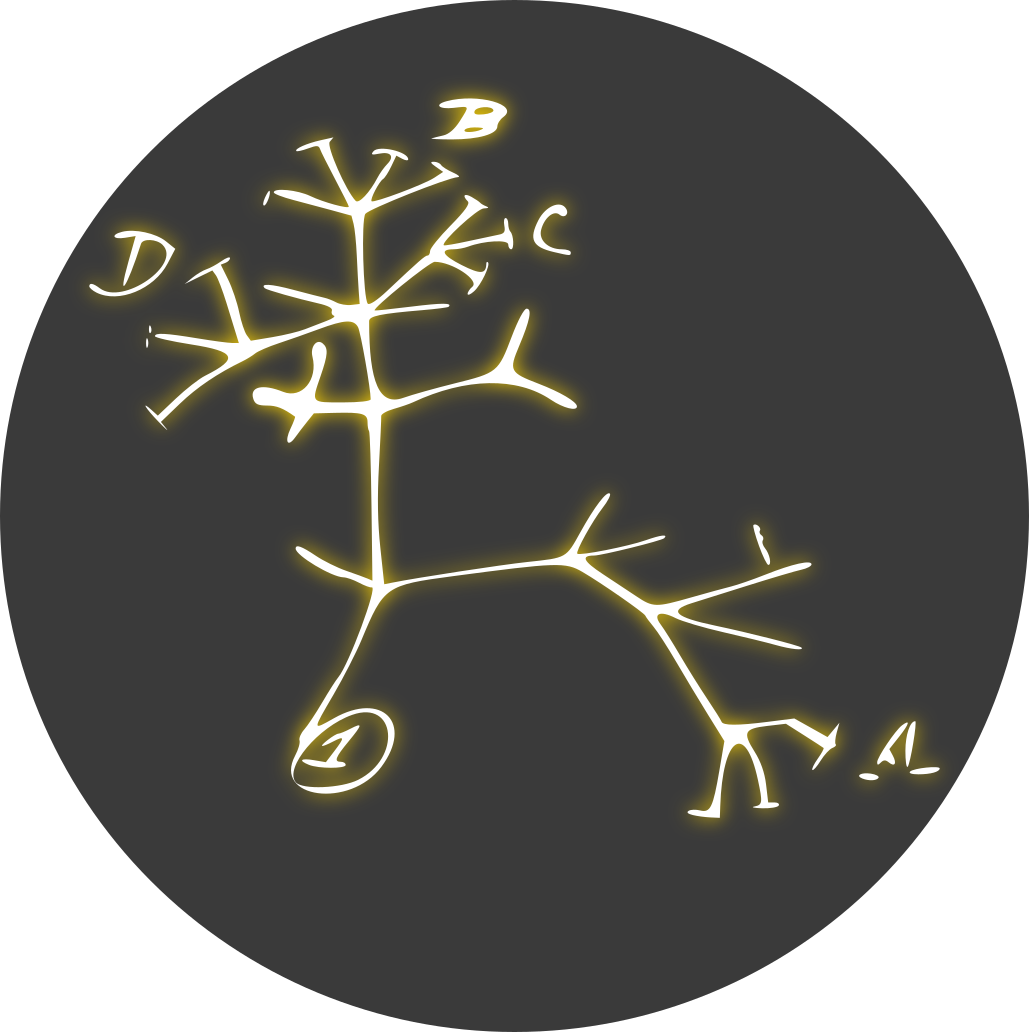
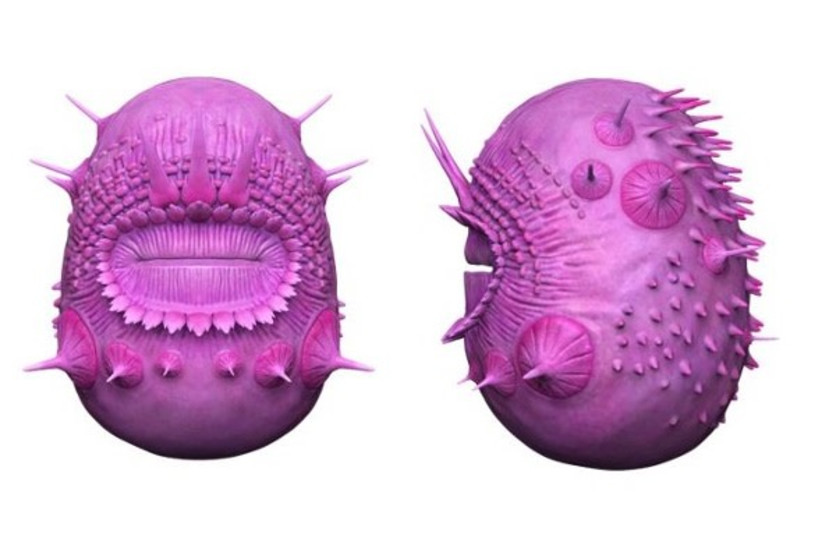



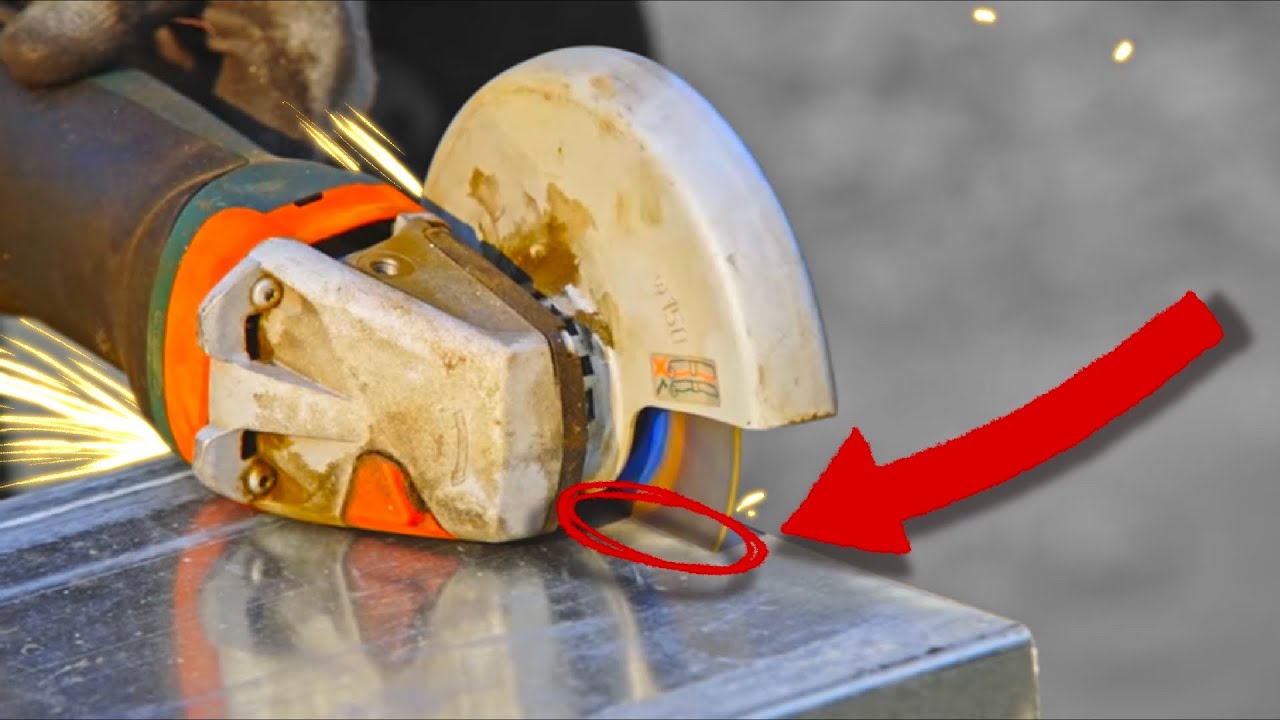
It seems to me that the studying is focusing on the extent to which the life of mothers affects the life of children, particularly looking at multiple stages of life including menopause whereupon the mothers of mothers can directly contribute. It isn’t really about K vs. R, but rather understanding that primate mammals are already type K (investing more heavily in fewer offspring) what the effects of self-preservation on the mother are.
Regarding the comment on “weird conservative ‘women are for breeding’ undertones”
That seems like a strangely anthropocentric viewpoint. For most primates other than humans, breeding and childrearing are dominated by the females because the successful strategy for males is often to try to impregnate as many females as possible, and the successful strategy for females is often to try to have sex with as many males as possible to help reduce the chances of infanticide.
It was with the homo sapiens larger brain and the greater negative effect on females that cooperative reproduction strategies became particularly important.